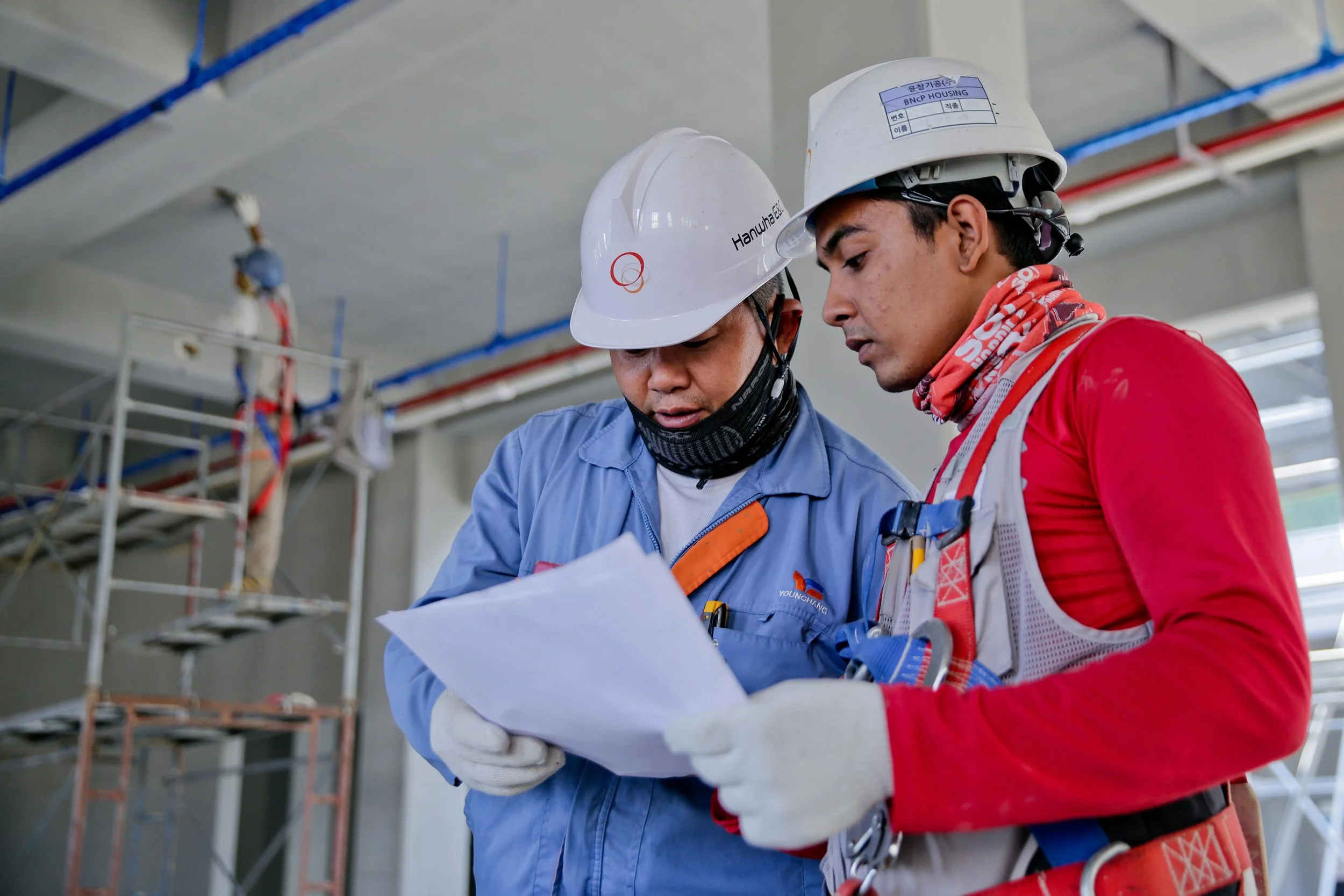How to Navigate the Challenges of Managing a Construction Company
RH Business Marketing Solutions
Running a construction company is no easy feat. There are many hurdles to overcome to finish projects on time and keep the business growing. This includes everything from managing finances to following all the rules. Rest assured, this article has everything you need! Here are several key strategies that construction company managers can use to tackle these common challenges.
Strategic Financial Planning
In the construction business, things do not always go according to plan. To handle this uncertainty, successful companies put a lot of thought into their finances. This means carefully planning their budgets, figuring out exactly how much each project will cost, and keeping a close eye on how much money is coming in and going out.
By predicting income and expenses as accurately as possible, construction managers can avoid financial problems and make sure they have enough cash on hand to keep running smoothly and finish their projects on time.
Efficient Project Management
Getting a construction project done right depends heavily on how it is managed. This means having clear communication between everyone involved, a detailed plan from the start, and keeping a close eye on how long things take and how much they cost.
There is also special software that can help out by making everything more organized, encouraging teamwork, and giving everyone up-to-date information on how the project is going. By sticking to the schedule and making sure everything is built to standard, construction managers can avoid delays and stay on budget, which keeps clients happy and makes the project more profitable.
Navigating Regulatory Requirements
The world of rules and regulations for construction companies can be tricky, but understanding them is key to avoiding trouble. Construction companies need to make sure they have all the right permits, follow safety guidelines, and keep up-to-date on environmental rules.
By setting up a strong system to follow the rules and regularly checking their work, construction companies can stay on the right side of the law and build a good reputation in the industry.
Embracing Technology and Innovation
In the construction industry, using new technologies and ways of doing things can give you a big advantage. This is because things like Building Information Modeling (BIM) software, which creates detailed models of projects, and drones for surveying land can make everything run more smoothly and accurately.
These technologies can also help save money. Being environmentally friendly in construction is also important. It helps the planet, and it can also attract clients who care about the environment.
Talent Acquisition and Retention
The construction industry places significant reliance on skilled workers, making the acquisition and retention of competent employees essential. In order to attract and hold onto the best people, construction companies need a strong hiring plan, competitive pay and benefits, and opportunities for workers to learn new skills and advance in their careers.
Additionally, creating a positive work environment that focuses on safety, includes a variety of people, and looks out for employee well-being can boost productivity and reduce turnover. By doing these things, construction companies can keep growing and succeeding.
Adaptability and Risk Management
In construction, rapid changes are common, underscoring the importance of flexibility and adaptability for achieving success. This means thinking ahead about possible problems like material delays, bad weather, or economic downturns.
Having backup plans, keeping everyone informed, and dealing with issues quickly helps avoid major setbacks and keep the project moving forward. By taking a proactive approach to managing risk, construction managers can ensure their projects are completed on time and within budget and are better prepared for whatever surprises come their way.
Contractor Mentoring Programs
Contractor coaching programs are a game-changer for construction companies. These programs provide contractors with personalized training and advice, helping them become better at delivering projects on time, meeting quality standards, and keeping clients happy. This translates to fewer delays, fewer costly mistakes, and a stronger reputation for reliability. By investing in ongoing learning and development for their contractors, construction companies can ensure smoother projects, boost efficiency, and stand out from the competition in a competitive industry.
Conclusion
Running a successful construction company involves a lot of moving parts. To thrive, you need a well-rounded plan that covers your finances, managing projects effectively, following regulations, using the latest technology, building a great team, and reducing risks as much as possible. By doing all these things, construction company managers can streamline their operations, avoid problems, and keep their businesses on top in this ever-changing and competitive field.
